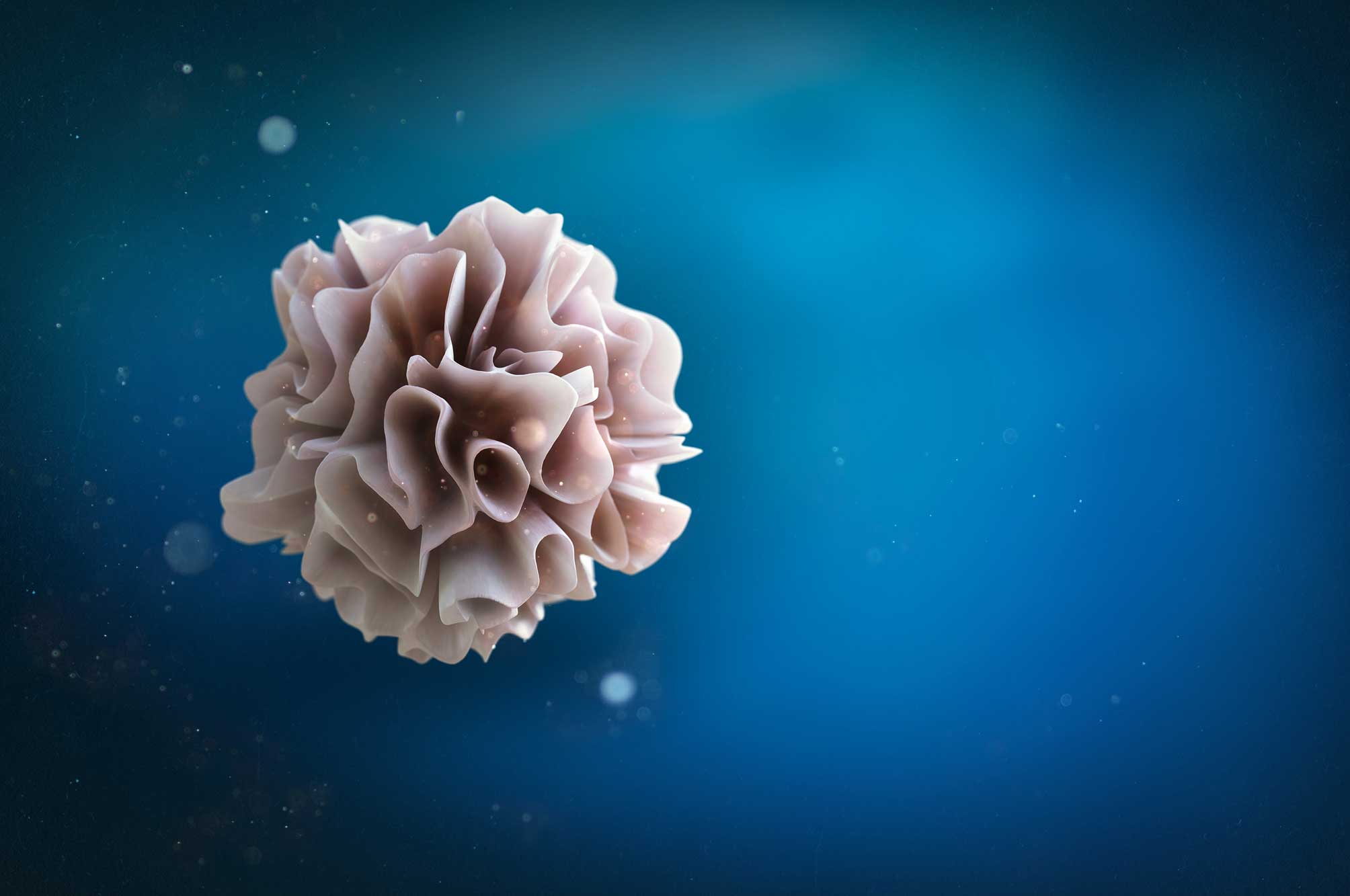Dendritic cells have a central function in the immune system: the recognition of foreign or malignant structures and the initiation of a targeted immune defense against them. Accordingly, they are of immense importance in the defense against infections as well as tumors.
Ralph Steinman was awarded the Nobel Prize in Medicine in 2011 for his discovery of dendritic cells and their function.
It is now possible for cancer patients to generate their own dendritic cells from their monocytes in the laboratory. In the laboratory, they are "loaded" with information about the characteristics of the tumor and with danger signals and administered to the patient as a vaccination. The aim of the vaccination is to activate the immune system and trigger a specific immune response against the tumor cells.
In the focus of science
Although little more than four decades have passed since the discovery of dendritic cells, they are the subject of intensive research worldwide. Hundreds of clinical studies on their use in tumor therapy have been initiated and thousands of scientific papers on this topic are published every year.
Vaccination with dendritic cells: a clinical reality
The first market approval for vaccination with dendritic cells was granted in the USA in May 2010 for the preparation Sipuleucel-T (Provenge®) against prostate cancer. In 2017, an autologous DC vaccine (APCEDEN®) was also approved in India for the treatment of four cancer indications (prostate cancer, ovarian cancer, colorectal cancer and non-small cell lung cancer). Approvals are also expected for other types of cancer. The IOZK has received an official manufacturing authorization for the IO-VAC vaccine and has been using it clinically for years.
